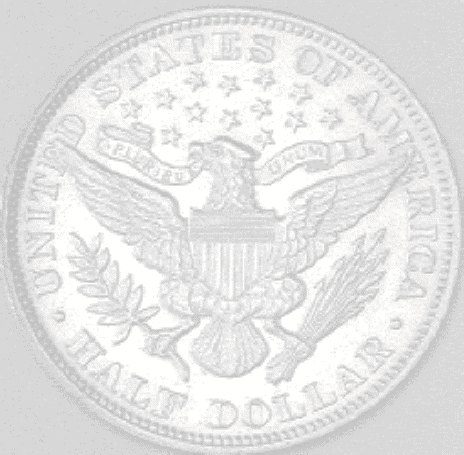
|
|
||
|
|
|
|
|
|
||

-37-
FOR BETTER OR WORSE:
"The Borrower Is Servant To The Lender."
- (Proverbs 22: 7) -
When a family indentures itself for 30 years in order to "buy" a home, they may sacrifice each other, their church, and their principles in order to retain possession of it. People who live by debt are not free people: debt enslaves, and so long as people have a "slave mentality" and love the bondage brought by debt, they cannot be free. And, Americans will never again be a free people until they are willing to be obedient to God in all things (Rushdoony, 145).
Usury
"Usury” is a term often used
for an excessively large amount of interest (Schaff-Herzog Encyclopedia,
7:116). It is a rate so disproportionate to the value to be earned by a
loan as to be considered morally wrong (Schaff-Herzog Encyclopedia,
7:117)
It is a term also used for unwarranted price increases
such as those manufactured by the utility companies, and the recent
pretended shortages of gasoline, sugar, and canning lids. "He that
withholdeth corn (i.e. to create a shortage in order to in-crease the
price of it), the people shall curse him: but blessing shall be upon the
head of him that selleth it." --(Proverbs 11:25)
Biblically, the term "usury” refers to "any increase
taken from the poor" in return for a loan (Rushdoony, 800).
To speak of "usury", therefore, is to speak of
"interest."
God forbade the Israelites to exact interest from loans
made to fellow Israelites because it is an act of love to help our
brethren.
"Thou shalt not lend upon usury to thy brother, usury of money, usury of victuals, usury of any thing that is lent upon usury: unto a stranger thou mayest lend upon usury; but unto thy brother thou shalt not lend upon usury that the Lord thy God may bless thee in all that thou settest thine hand to in the land whither thou goest to possess it." --(Deuteronomy 25:19,20)
"The prohibition of usury is simultaneously coupled with a requirement that Godly men lend to their brethren who are in truly dire circumstances” (Rushdoony, 801).
"Thou shalt not harden thine heart, nor shut thine hand from thy poor brother: but thou shalt open thine hand wide unto him, and shalt surely lend him sufficiently for his need in that which he wanteth . . . . Thou shalt surely give him and thine heart shall not be grieved when thou givest unto him: because that for this thing the Lord thy God shall bless thee in all thy works, and in all that thou puttest thine hand unto. For the poor shall never cease out of the land: therefore I command thee saying, 'Thou shalt open thine hand wide unto thy brother, to thy poor, and to thy needy in thy land." --(Deuteronomy 15:7b, 8, 10-11)
It is an act of love therefore
to lend to help our brethren --the poor.
While interest was allowed from loans to Gentiles
(Deuteronomy 23:19,20) as from "one who may also be slain in battle”
(Schaff-Herzog, 7:117), the Talmud declares the ideal set forth is to
take no interest (“Makhoth20”, 24a). Our Lord declared,
“If ye lend to them of whom ye hope to receive, what thank have ye? For sinners also lend to sinners to receive as much again. But love your enemies and do good, and lend, hoping for nothing again; and your reward shall be great, and ye shall be the children of the Highest: for He is kind unto the unthankful and to the evil. Be ye therefore merciful, as your Father also is merciful. " --(Luke 6:34-36)
